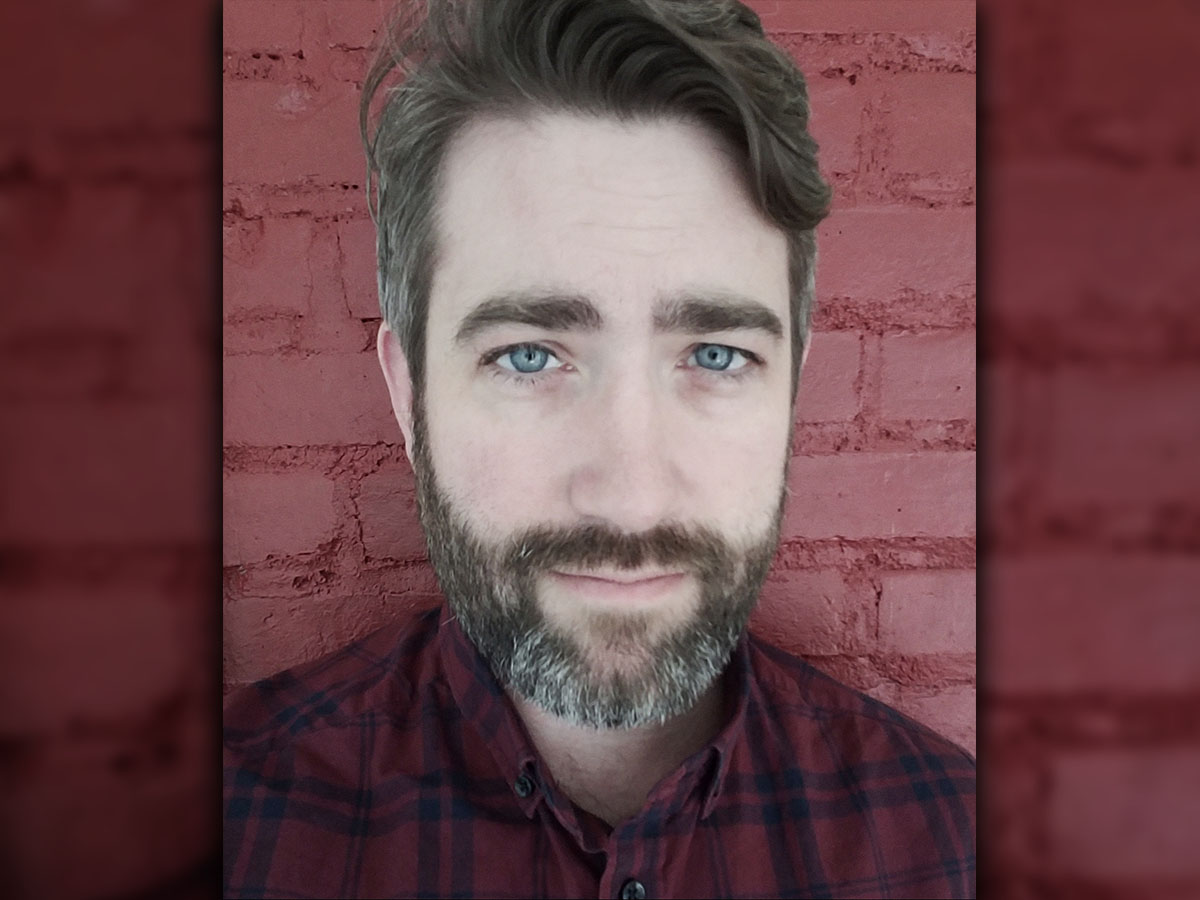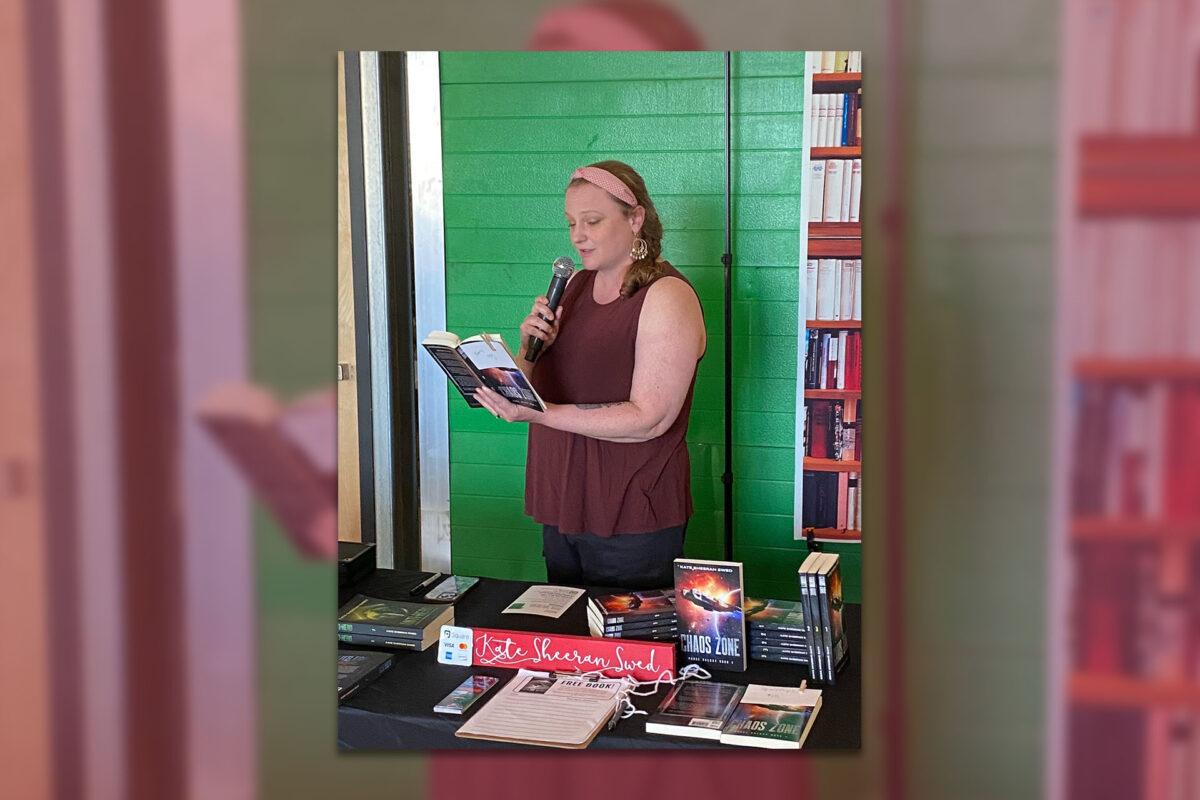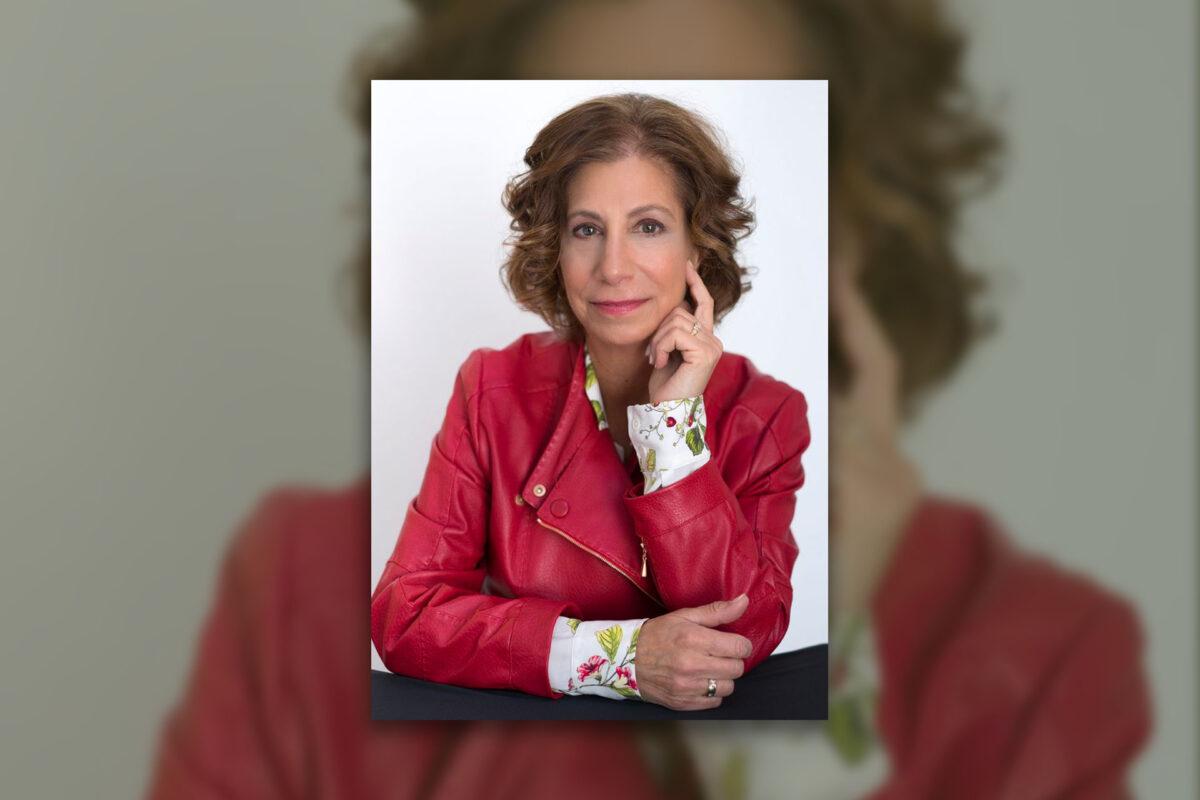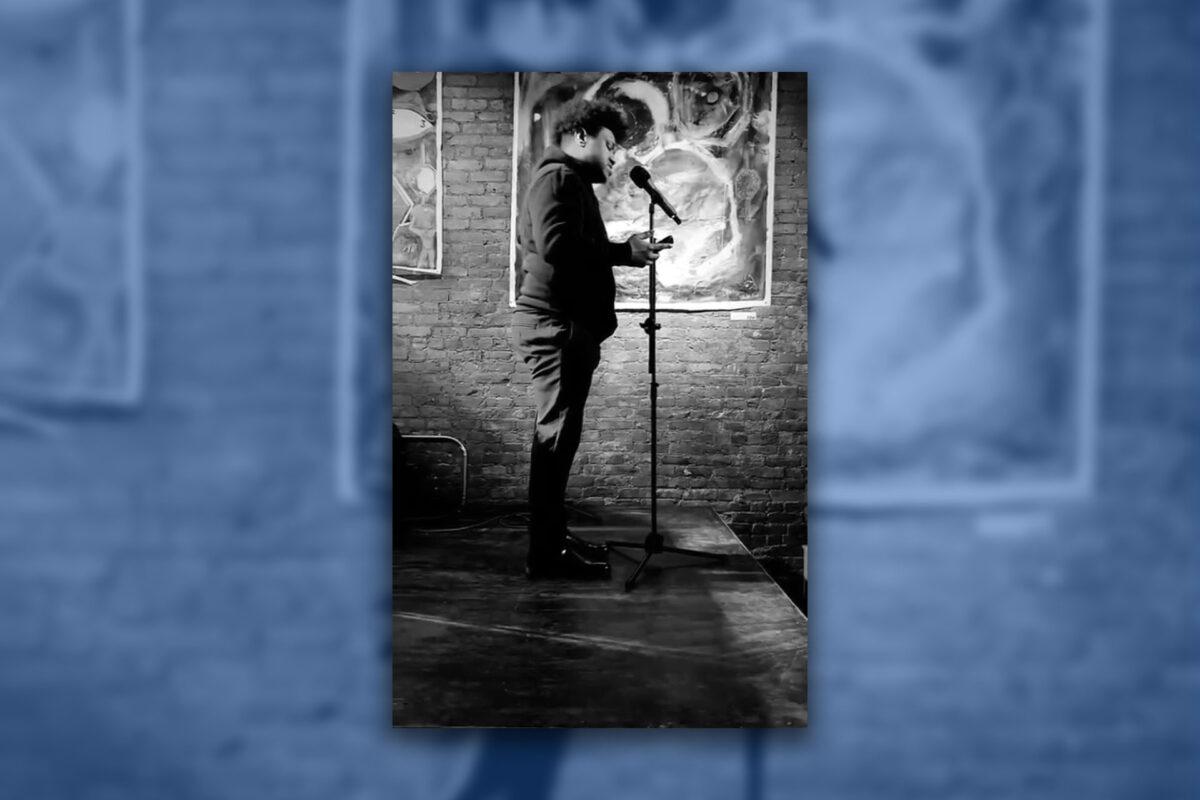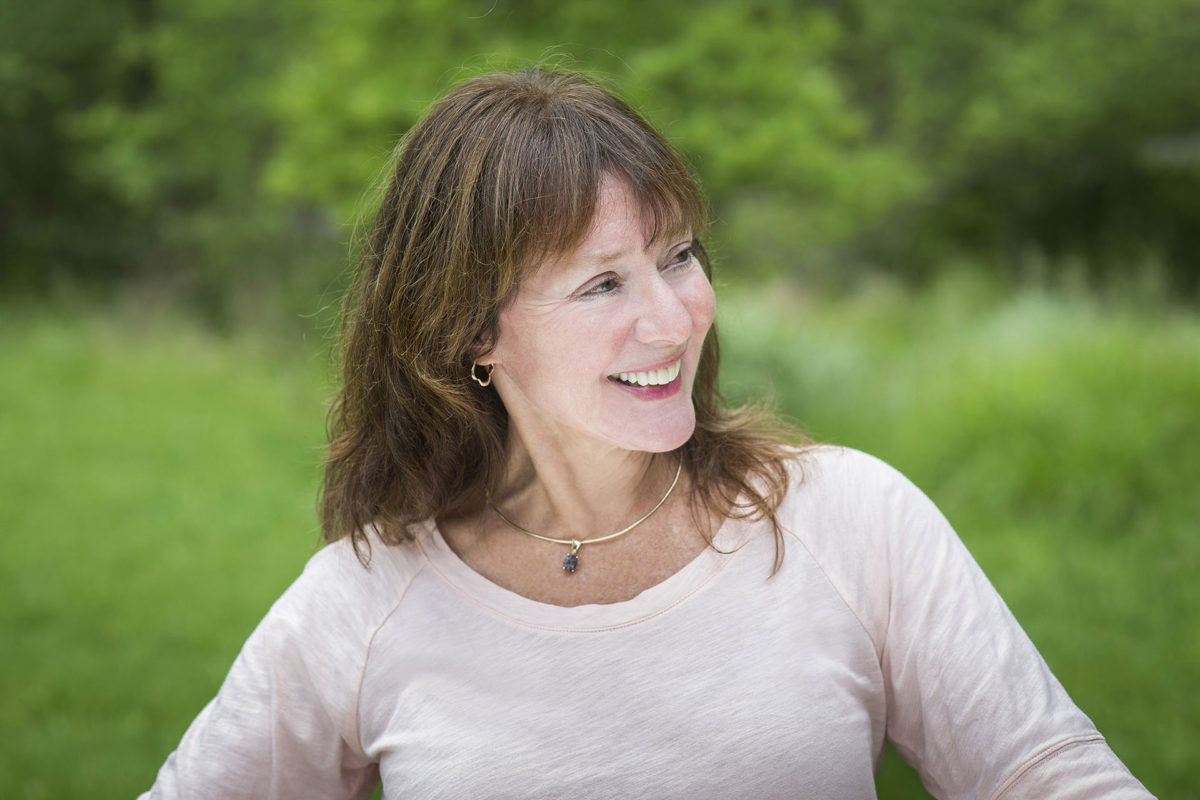Q. I just finished rereading, FERAL KINGDOM, your latest poetry collection, can you discuss your intentions with this collection? That sounds a bit odd like I’m a father asking what are your intentions with my daughter, but what I mean is what was your focus because I found some obvious motifs?
I hope I’m not demeaning the poems when I say most of them are the driftwood detritus of my twenties and thirties, years when I moved around a lot, crossing state lines or relocating down the highway every couple of years. The poems themselves are strays, pieces that didn’t quite fit my other books or poems that existed on their own, unattached and aimless. A few had been published but the majority were solitary creatures. After settling back in my hometown of Albany, I gave them a second look and started to see a few themes crop up. Many of the pieces had a “moving on” quality to them, written during and about that time when you’re between worlds, when you’ve packed up and left one life but you haven’t yet started over somewhere new. I’ve been in that unsettled middle ground a lot over the years, and it is indeed a feral kingdom of second-guessing, broken hearts, and aimless nights. These pieces speak of that place, and my intention is to share a bit of that world. I don’t feel like I live in that place now so reworking and editing these poems from four, eight, or twelve years ago felt like stepping into a bygone self, which was a vulnerable thing at times, an awkward thing, but this is who I was and I’m happy the book found a home and can stand on its own as I move on to steadier ground.
Q. I especially like the attention to detail in your poems, how you transport the reader. Like in “Spiders at Night,” where you write:
I know how to express love, but
when I reach for the phone by the bowl
of pears, I pause and watch the highway
lights outside the window, in the cold
November nighttime and wonder who
How when where and sometimes why
For some reason, the addition of that bowl of pears brings me into that scene. You do that often in your poems, can you discuss the significance of images in your work?
When I started out writing, I preferred fiction and short stories. I began exploring poetry much later, but I always tried to retain that storytelling quality in poems, even in more abstract pieces. I like to ground a poem in some realistic detail, something simple and subtle and then I can let the piece take loftier twists and turns before bringing it back down again. One piece of advice I picked up along the way (I wish I could remember who said it) was that when you’re retelling a story over and over (or editing a piece again and again), take a moment to think about what details you’ve left out that may have been there all along, some scent, some sound, some tactile thing you could touch, something to give the story texture. So when I rework a piece, I’ll try to put myself in those places again and explore the room, remember what was on the walls, what season it was, what objects sat on the table waiting for me to pick them up. I think that adds a lot to a poem, even pieces that deal with emotions and ideas more than the gritty physicalities of life.
Q. Before you released FERAL KINGDOM, you released a short story collection, Nights Without Rain, were you working on both at the same time? How do you juggle working on a diversity of genres simultaneously?
No, I worked on them separately. I like to shift from one to the next, trying different styles and modes of storytelling. I worked on Nights Without Rain during a time when I wanted to explore flash fiction, and I even turned a few poems into flash pieces, tinkering with the form and methods of turning one into the other to say something similar. With flash, I could take a grain of experience and wrap it in new details and actions, characters and emotions, whereas poetry tends to stay closer to the personal experiences that inspired them. Going back and forth between fiction and poetry is a great way to keep the creative process fresh and interesting. They occasionally overlap, or transition from one to the next pretty quickly, but I do try to work on them separately, just so I can give each project my sole focus.
Q. How has your personal journey influenced your literary journey?
I’d say at least 75% of my stories start out from some experience of mine and I’ll mold it, shape it, add new directions and details and turn it into something unexpected. As I said, I moved around a lot and I like to sit back on dark quiet nights to mine those experiences for moments that revealed something more about myself or others, be it good or bad or complicated or quiet, I take it and dissect it, pick it apart, and then rebuild it. I’m a firm believer in the idea that we all have experiences worth writing about, that we all have a book in us. Even if the moments are small and innocuous, they’ll add up to something more if you begin collecting them and looking for threads and themes.
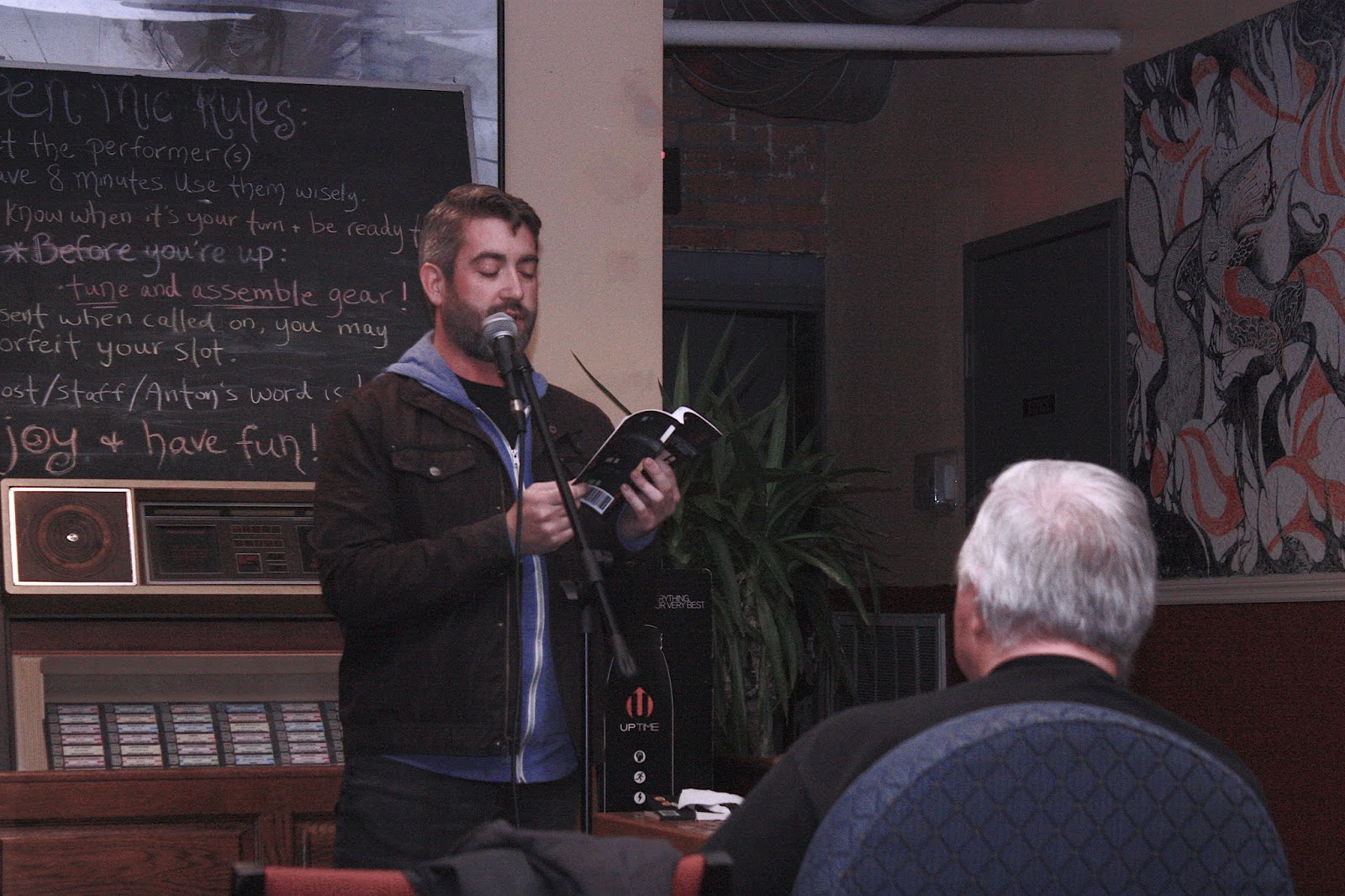
Q. You have a ton of other projects going on, can you talk about your bookstore blog?
There’s definitely a lot going on. Writer’s block doesn’t own much real estate around here! But this project of mine called The Bookshop Hunter came to me when I realized so many places online curate reviews of books, but so few talk about all the little shops and booksellers we all love to visit. Each one is different and unique, and I thought it would be interesting to visit them and share what each has to offer, based solely on first impressions and browsing around unannounced. I started to look for bookshops in the Albany, NY area, thinking there were maybe a dozen within an hour drive, but it turns out there’s almost sixty in the wider Capital Region, all independent, and they’re all fighting to stay alive in this Amazon world of ours, so whatever attention I can bring to them in an honest, from-the-gut kind of way, I hope it helps. I try to be as supportive as I can, and I only wrote one review that was more of a “caution” to bookworms, though I’m always willing to take a second pass if it doesn’t go well the first time.
Q. As the founder and editor of Hobo Camp Review, can you discuss how the experience of being an editor informs your writing?
Judging your own work can be so hard because you’re too deep in it, especially when you’re writing novels. You don’t always see your own tics and bad habits. You’re too busy pawing through the leaves to see the whole forest. But when you edit others, especially when you’re neck deep in a submissions pile for a magazine, you learn very quickly what works and what doesn’t, if only to suit your own tastes. Seeing someone else’s awkward turn of phrase or brilliant stanza absolutely carries over in your own work. It’s not a “Oh, they did that so I will too” kind of thing, but rather a gradual understanding of what works and what doesn’t, and when you sit down with your own work you can better spot the hiccups or the moments of spark and wonderment. Chase those, and gut the others. I think editing others will always make a writer much stronger, wiser, and more adventurous.
Q. What do you love most about editing Hobo Camp Review and what is one of your pet-peeves?
I love discovering an excellent piece of writing and providing an opportunity for that writer to connect with readers who are going to love the piece too. That feels great, and seeing writers get excited about their piece showing up in an issue is the best reward. The downside is sometimes having to turn down work from people you admire. You know they’re talented but sometimes a piece just doesn’t fit. They always understand, but that can be a hard email to send. But for pet-peeves, it’s always going to be writers who take rejections personally. They write back perplexed, no matter how polite you are and sometimes they question your standards or inquire just what you’re looking for if not for their work. Something every editor knows and every writer should understand: this 100% of the time comes across unprofessionally and it definitely affects an editor’s opinion down the line when those writers submit again. I have yet to meet an editor who feels differently.
Q. What new projects are you working on?
Outside of The Bookshop Hunter and Hobo Camp Review, I am outlining my seventh and eighth novels while working on two split chapbooks I’m going to release, one with Kevin Ridgeway by the end of 2019 and one with J Lester Allen in 2020. The one with Kevin Ridgeway is a collection of poems written in and about motel, hotels, and motor inns from across the country, and it will be called Vacancy. The one with J Lester Allen includes work both new and old from each of us. His half is more new than old, and mine includes new poems mixed in with a full revision of my now out-of-print chapbook Maybe a Bird Will Sing, which Allen happened to publish in 2009. It’s a massively important book for me because that remains my favorite collection of poems from a very rambling and formative era of my life. For now that book will be called Beyond the Wounded Horizon. I can’t wait to share these projects soon, and I’ll post details about each at my website, www.jameshduncan.com.
James H Duncan is the editor of Hobo Camp Review and the author of such books as Feral Kingdom, Nights Without Rain, Dead City Jazz, and We Are All Terminal But This Exit Is Mine, among other books of poetry and fiction. His work appears regularly online and in print, including such publications as Writer’s Digest, The Blue Mountain Review, Pulp Modern, FIVE:2:ONE, Drunk Monkeys, Red Fez, and Up the Staircase Quarterly. He reviews indie bookshops at his blog, The Bookshop Hunter, and writes columns about his bookshop hunting exploits for the Albany Poets website. For more, visit www.jameshduncan.com.
